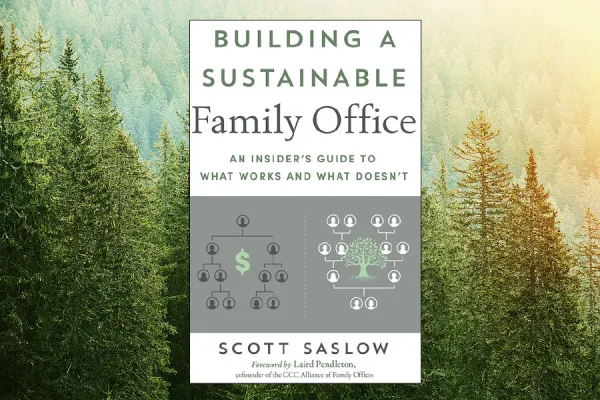A group of institutional investors with a combined $4.8 trillion under management have launched an initiative to engage gun companies on reforming their industry.
The coalition, led by the California State Teachers’ Retirement System, on Wednesday published five principles calling on firearms manufacturers, distributors, and retailers to engage in background checks, make firearms safer, and educate consumers, among other measures to prevent gun violence.
“America has a firearms problem,” said CalSTRS chief investment officer Chris Ailman, referencing recent deadly shootings at Marjory Stoneman Douglas High School and a Las Vegas musical festival. “The discussion has been so binary and polarized. We’re trying to come in the middle.”
Ailman said he began discussing how public pensions could help prevent gun violence last spring with Harvard Advanced Leadership fellow Christianna Wood, a former CalPERS employee. The two convened a group of asset owners, asset managers, and financial institutions at Harvard’s business school to work on what eventually became the “Principles for a Responsible Civilian Firearms Industry.”
Ash Williams, the chief investment officer and executive director of the Florida State Board of Administration, noted that he sat down with the group after the shooting at Marjory Stoneman Douglas, a high school in Parkland, Florida. The Florida legislature had discussed divesting from gun manufacturers in the wake of the shooting, but ultimately decided against it, Williams said.
“We are of the view that divestiture is an ineffective way to embrace change,” Williams said by phone Wednesday. “It imposes costs on pension beneficiaries that are in my view are inconsistent with our fiduciary duty. Indulge in engagement in lieu of divestiture to have your voice heard.”
As of Wednesday, Florida SBA was one of 13 signatories backing the five principles, which the CIO emphasized were “not an anti-gun thing.”
“One can completely accept the Second Amendment and respect it,” he said. “That doesn’t change our interest which is mitigating potential risks to the value of our holdings and by extension the risks to the public employees.”
Other signatories, like the California Public Employees’ Retirement System, echoed the need for engagement. “CalPERS sees product safety as a risk that needs to be well managed by our portfolio companies for them to perform financially over the long-term,” said Beth Richtman, the fund’s managing investment director of sustainable investments, in a statement.
Connecticut state treasurer Denise Nappier, who oversees the state’s retirement plans, explained that investors and gun companies “share a common interest in their future growth and success, and in promoting the sustainable health of the economic, social, and environmental framework within which they exist.”
“More companies are recognizing that we do not need to work through these issues as adversaries because we are not,” she said in a statement.
[II Deep Dive: How an Asset Manager Pressured a Grocery Chain on Gun Sales — and Won]
This isn’t the first time that public pension funds have tried to engage with the firearms industry.
The Philadelphia Board of Pensions and Retirement enacted the Sandy Hook Principles in 2013, which sought to engage the firearms industry on reforms to increase background checks and enhance safety measures. If companies did not engage with the retirement system, the board would consider divestment, according to its resolution.
“They were more prescriptive,” Ailman said of the Philadelphia resolution. “I wanted to work on principles that are compromises. It’s important to me that California and Florida can agree on the same principles.”
For CalSTRS, signing the principles means hiring a full-time staff member who will engage the firearm industry, according to Ailman. Williams said Florida is still working to determine how it will implement the principles.
Beyond CalSTRS and Florida SBA, signatories of the principles include CalPERS, the Connecticut Retirement Plans and Trust Funds, the Maine Public Employees Retirement System, the Maryland State Retirement and Pension System, TIAA’s asset manager Nuveen, OIP Investment Trust, the Oregon Public Employees Retirement Fund, Rockefeller Asset Management, the San Francisco Employees’ Retirement System, State Street Global Advisors, and Wespath Investment Management.







